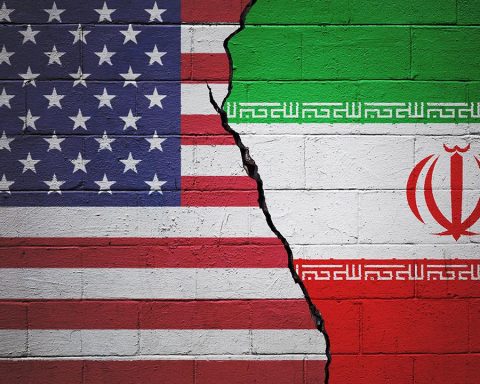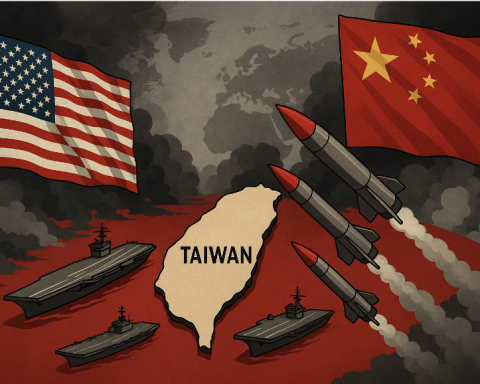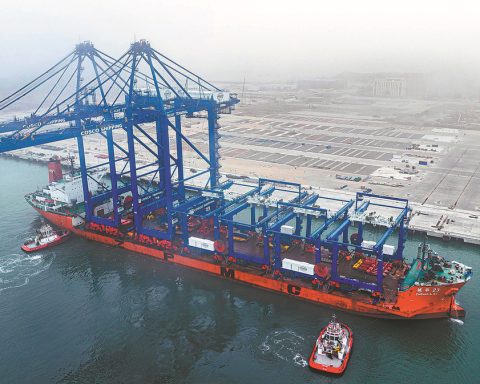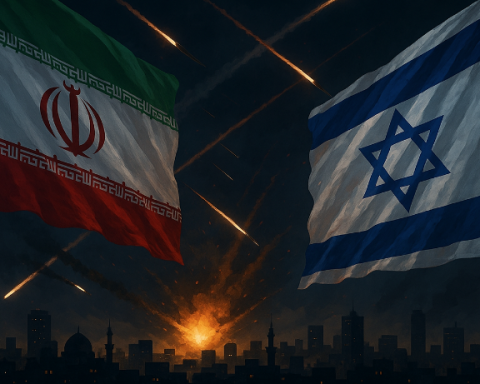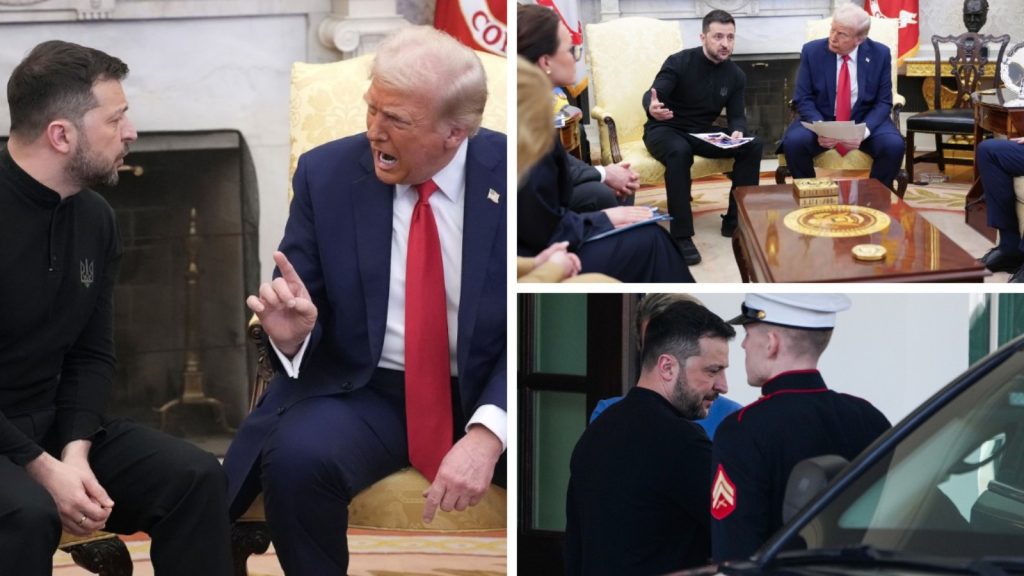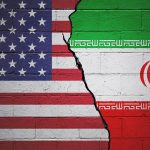At the White House, a high-stakes encounter unfolded before the global media, dramatically upending traditional diplomatic protocols. In a charged exchange, former U.S. President Donald Trump and Ukrainian President Volodymyr Zelensky traded harsh words and pointed criticisms, bringing to the forefront deeper issues about modern warfare and International Relations.
During the heated discussion, Trump emphatically reminded his counterpart of the strategic advantages offered by U.S. military and economic support. His forceful rhetoric—emphasizing that without these “cards,” one might be left vulnerable—underscored the critical role that military assistance plays in shaping the course of conflicts. Trump’s critique extended beyond policy, striking at the very notion of national gratitude, as he questioned the absence of any acknowledgment for the support provided: “Have you ever even said thank you?”
This verbal duel, however, was not just about misplaced gratitude or political point-scoring. It revealed a much larger paradox within modern conflict: the tension between tangible support and the ideals of national pride and sovereignty. While one side leans on the immense backing of a superpower, the other struggles to reconcile its own sense of independence with the reality of international dependencies.
The exchange served as a stark reminder that modern warfare transcends battlefields. It is a multifaceted engagement—played out in the realms of media, diplomacy, and even in public opinion. The conversation between Trump and Zelensky highlighted the fragility and complexity of international relations, where every public remark can send ripples across global politics.
Ultimately, this confrontation is not merely a political skirmish between two leaders; it is a microcosm of the evolving nature of conflict in our interconnected world. As nations navigate the murky waters of modern warfare, the need for accountable and strategic leadership becomes ever more apparent. The debate between Trump and Zelensky leaves us with pressing questions about power, support, and the true cost of international alliances in an era where every decision reverberates on a global scale.




